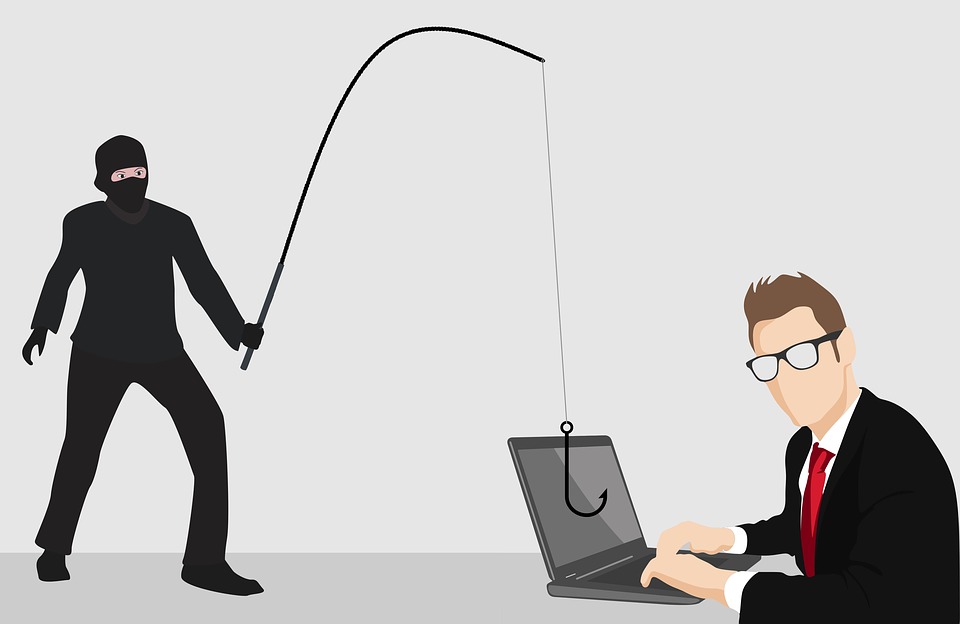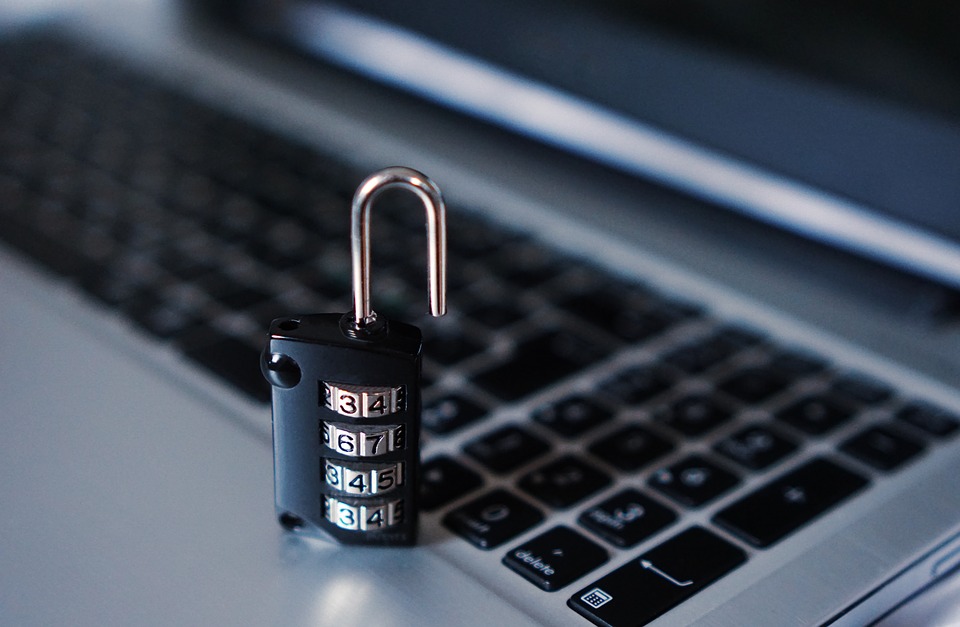VPN or Virtual Private Network is the best way to mask your original network and use a temporary one. This allows you to safeguard a lot of private and sensitive data that is present in your device, be it a mobile or a PC. The use of VPNs has increased over the past few years. People want to keep their virtual identity safe, as much as possible. But, did you know that VPNs can also face major vulnerabilities?
Yes! The solution to protecting our online identity can at times get busted. So, how can you prevent that from happening to your VPN? Let’s talk about that in this blog and in the meantime, check takethecoupon.com.
Agencies Need to Patch VPNs Regularly
Just like majority of technology equipment, VPNs require regular maintenance. Whether they are running on a dedicated VPN hardware or use external software to run on the standard servers. VPNs can help to contain software and firmware that can subject to huge security vulnerabilities. Threats like flaws in the design, or code bugs, can have a huge impact on the overall functionality of the VPN. It can allow attackers to compromise VPN connections and leads to the breach of data.

By the overall nature, VPN devices are exposed to the outside world so that they can allow inbound connections. Thus, placing them in the same risk of vulnerabilities. Security teams must place VPN patching high on the priority list in order to allow them to run safely. They should apply the necessary patches in places where they find any vulnerability.
Follow Best Practices for VPN Management
VPNs rely largely on a set of different underlying security technologies. That can include transport protocols like Transport Layer Security & IPSec, and also encryption algorithms. When the encryption settings are being configured, administrators must select a proper key exchange protocol, hash function, and bulk encryption algorithm. Selecting a proper set of all the algorithms will help to configure the parameters of the VPN and keep it much more secure at all times. Small errors can otherwise have a significant impact.

IT Admins Should Monitor VPN Use
The monitoring of VPN use is really important. A lot of potential hackers tend to focus on controlling the VPN sessions. This can prove to be really fatal because taking control over a session means exposure to all the user’s data. That is why IT Admins with the help of their security management team needs to keep an eye on the use of VPN very frequently. Anything suspicious like – users logging from weird locations, tor circuits for connection, unusual data transfer pattern, etc, should be retorted and dealt with immediately. A small step of today can avert an impending danger.
So, these are the three main ways by which a VPN can be protected from vulnerabilities. All VPN servers and management teams should follow these methods and keep the data & identity of their users safe at all times.




